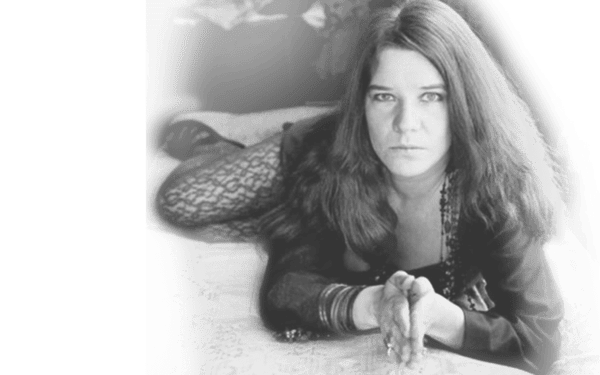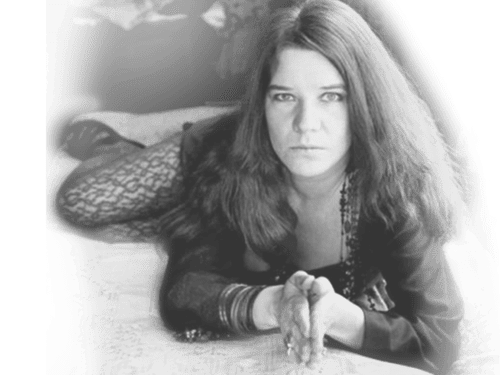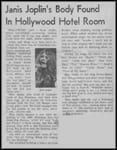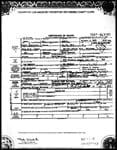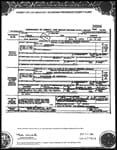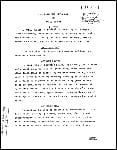RICHARD Bell spells out the obvious when pressed about his storied career in the entertainment business.
“It’s my favourite expression — playing music, it sure beats doing drywall,” says the man who played some rollicking piano as a member of Janis Joplin’s Full Tilt Boogie Band in 1970. If you’ve got a copy of Joplin’s timeless classic Pearl, you’ll find that he’s the fellow standing to the left in the group shot on the back of the album.
Naturally he’s a Rock and Roll Hall of Fame inductee. Bell is also the keyboard player with the present configuration of The Band.
He was in North Vancouver recently to help hone the talents of two B.C. artists in the throes of realizing their respective debut discs.
North Vancouver-based Umeeda Switlo, president of e.space entertainment/ CBO, connected Bell earlier this year with Michael Bzowy, a young Burnaby musician and Janet Lillian Russell, a singer-songwriter who spent much of her career as a vocalist with the Lingo Sisters.
Bell met Switlo while playing keyboards on recent discs by artists represented by Switlo — John Bottomley and Linda McRae.
Says Russell on working with Bell as a producer of her new CD, “I’m very excited. I’ve been looking forward to this for so long.”
She’s funding her recording with a Factor loan. Factor is a government body that supplies funds to promote Canadian content in the recording arts.
“It’s really an honour to have been awarded that, and it also makes a difference between making a product and not,” Russell says.
Michael Bzowy has already recorded a three-song demo with Bell. Bzowy’s grandfather lent him the money for the project. Bell recently signed an artistic management deal with the young musician.
Says Bell of Bzowy, “I’m in the process of helping to refine his talents. We’re trying to guide him and help him achieve his goals. His lyrics have some depth and I’m quite impressed with him.
Janet has refined hers already. She has a wonderful voice and she’s many steps ahead of a lot of people.”
Bell sees the music business as more challenging than ever.
“Everybody and his brother can put out a CD now. There’s so much good music out there. The problem is getting it to a listener’s ears. That’s what I would say is a primary challenge.”
Bell brings a wealth of experience to any project. Russell and Bzowy are betting on Bell’s participation to improve their chances for success.
“My dad always told me there are only two kinds of music: good and bad,” says Bell.
He has made a long career of making good music.
Earlier in the 1960s he hitched up with Ronnie Hawkins after the Hawks — Levon Helm, Rick Danko, Robbie Robertson and Garth Hudson — split with Hawkins to launch The Band.
In the late 1960s Bell appeared with Hawkins at the Fillmore East. The band was opening for Joe Cocker and Mad Dogs and Englishmen. Janis Joplin was forming a new band at the time. Her manager Albert Grossman noticed Bell and invited him to try out.
Says Bell, “I was from Canada. At the time Canadians weren’t that aware of her. She was more a phenomenon in the States. At that time everything that happened in the States would happen six or eight months later here. When I went down, that whole social structure was in place. It was like bringing a reindeer down to meet Godzilla in Japan or something.
There was a bit of culture shock, but boy, once I understood it I jumped right in, head first. I had a good time,” he says.
Bell found himself among four Canadians in the band.
His lasting impressions of his brief time with Janis Joplin?
“It was just a giant bubble. It was amazingly wonderful. I don’t think anybody ever realizes what’s occurring when you’re doing it. I’m sure like all of us, looking back on things, we probably embroider a bit. I enjoyed it very much. I’m really happy I had her in my life. She was a phenomenal woman, but you know, I feel equally as privileged to meet Janet.”
After Joplin died the band moved to Woodstock, New York, and soon dissolved. Bell remained in Woodstock and did a lot of session work, primarily with Paul Butterfield and John Sebastian.
From there he went on to live in Georgia and Alabama, working as a studio musician. Bell eventually returned to his native Canada.
He now lives in McTier, Ontario. “I’d been away for 20 or so years and my mother and father were getting on and I was missing my sister’s children growing up.”
Musical friend Colin Linden helped re-establish Bell in Toronto. Bell played a lot with Linden and together they worked with Bruce Cockburn. Bell later joined The Band. There was a natural affinity thanks to his stint with Hawkins. Bell continued to play with Linden’s band as well.
He remains much in demand as a session player, recording recently with Bill Morganfield, the son of Muddy Waters.
When he is on stage with The Band, Bell finds that he plays to a wide demographic spectrum. “We have a scope of people that come to see us that I swear is from 14 to 60 years old, and I don’t ever remember seeing that spread when I was younger.
“It’s very gratifying to know that your music can affect younger people,” Bell says.
He remembers the advent of music videos and the attendant emphasis on image over lyrical content as a bleak period. “Anybody that comes from that era, the 1960s onward, has the propensity for lyrics and melody. Some bands coming up now, like the Wallflowers, have a lyric content and melody that was sadly missing. Content really suffered. I think that’s settled down.”
